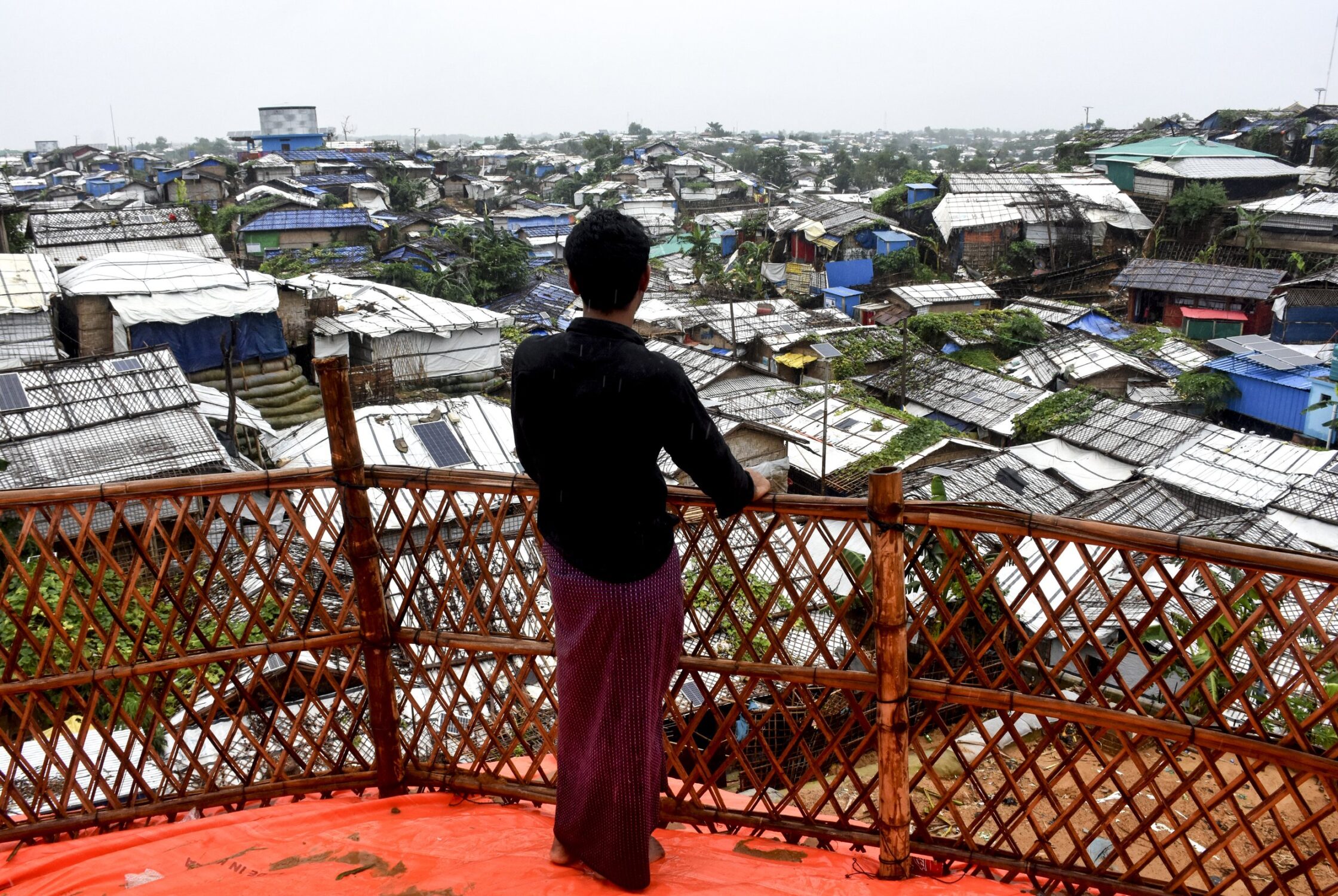Repatriation Endangers Rohingya Refugees

Bangladesh and Myanmar are planning a pilot project to repatriate more than 1,000 Rohingya refugees. In May, Bangladesh camp officials led a group of 20 Rohingya refugees on a visit to Rakhine State in Myanmar. Refugees International Director for Africa, Asia, and the Middle East Daniel P. Sullivan released the following statement:
“Refugees International is extremely concerned about plans to repatriate Rohingya refugees to Myanmar. The returns would come at a time when the Rohingya homeland is ruled by a military junta that continues to commit atrocities across the country and that is made up of the same people that led the genocide against the Rohingya in 2017.
More than 130,000 Rohingya in Myanmar remain confined to internal displacement camps, while others face serious constraints on their freedom of movement. The junta’s response to the recent cyclone that killed hundreds of Rohingya, including denial of much needed aid, only further highlights the vulnerability of Rohingya in the country. Two previous repatriation exercises resulted in no volunteers coming forward, but—as Refugees International has documented—did spread fear widely among the Rohingya refugees. That fear is being echoed in the latest talks of repatriation. While most Rohingya with whom Refugees International has spoken want to return home, they simply do not feel that the conditions are currently safe.
Not only is the safety of any returnees in serious question, but Rohingya are already reporting deception and coercion in the process. This includes camp officials allegedly veering from official public policy by promising payments for those who volunteer to repatriate while at the same time threatening to confiscate ration cards of those who do not. The reduction of aid, specifically cuts in daily rations by the World Food Program, from $12 a day a couple of months ago to just $8 a day as of June 1, is also worrisome as it may indirectly further incentivize Rohingya to make dangerous and uninformed decisions to return. Any return of Rohingya refugees must be safe, voluntary, dignified, and sustainable, in line with international standards.
UN leadership and donor countries must make clear that conducive conditions for legitimate returns do not currently exist and demand that Bangladesh and Myanmar refrain from further endangering this community of genocide survivors.”
Refugees International has been covering the conditions facing Rohingya for several years, including a report in December 2022, Hope Amid Despair: Finding Solutions for Rohingya in Bangladesh, highlighting the deteriorating conditions in the refugee camps, recommending solutions, and calling for Bangladesh to refrain from repatriation.
To schedule an interview, please contact Refugees International’s Vice President for Strategic Outreach Sarah Sheffer at ssheffer@refugeesinternational.org.
Featured Image: A view of Rohingya shelters in Cox’s Bazar, Bangladesh, on June 16, 2022. (Photo by Mohammad Shajahan/Anadolu Agency via Getty Images)